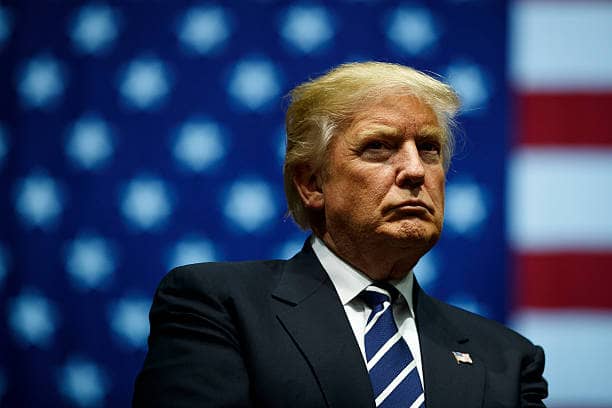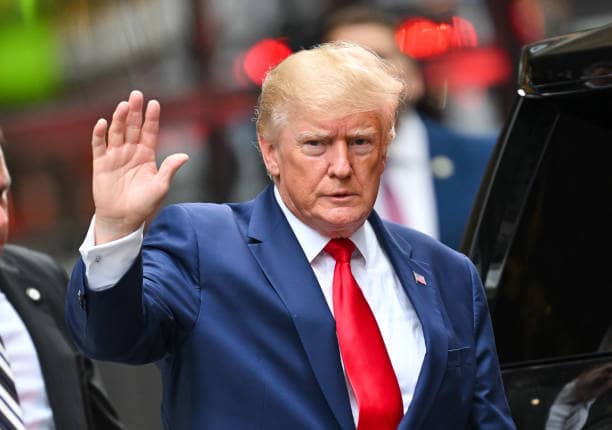In recent years, the name “Trump” has become synonymous not only with political controversy but also with allegations of fraudulent business practices. From his real estate ventures to his involvement in various enterprises, Donald Trump’s business dealings have often been scrutinized for their legality and ethics. While accusations and investigations have swirled around him for decades, a closer examination reveals a complex web of allegations that paint a disturbing picture of deceit and manipulation.
One of the most infamous cases of alleged fraud involving Trump is his real estate empire. Trump’s rise to prominence in the 1980s was fueled by his ambitious real estate projects, including the construction of luxury buildings and hotels. However, numerous reports and investigations suggest that Trump inflated the value of his properties to secure loans and attract investors, only to later default on debts and leave lenders and contractors in financial ruin.

One striking example is the Trump SoHo hotel in New York City. Built in partnership with the Bayrock Group and the Sapir Organization, the project was marketed as a lavish condominium-hotel hybrid. However, court documents and testimonies from former business associates reveal a different story. Allegations surfaced that Trump and his partners overstated sales figures and misled buyers about the project’s success, ultimately leading to a series of lawsuits and settlements.
The Trump University scandal further underscored allegations of fraudulent behavior within the Trump Organization. Marketed as an institution offering real estate education and mentorship, Trump University faced multiple lawsuits from former students who accused the program of deceptive practices and false advertising. Despite Trump’s claims of providing valuable knowledge and expertise, court rulings and settlements suggested otherwise, with judges labeling the enterprise as a “fraudulent scheme.”
Moreover, Trump’s financial dealings have drawn scrutiny from both regulators and prosecutors. Investigations into his tax returns have revealed questionable accounting practices, including allegations of tax evasion and fraud. The New York Times investigation in 2018 uncovered a pattern of dubious tax schemes employed by the Trump family over decades, casting doubt on the legitimacy of their financial affairs.
While Trump has repeatedly denied any wrongdoing and dismissed accusations as politically motivated attacks, the mounting evidence suggests otherwise. His business empire, once hailed as a symbol of success and prosperity, now stands tarnished by allegations of fraud and deception. As legal battles continue to unfold and investigations persist, the full extent of Trump’s involvement in fraudulent activities may yet come to light.
In conclusion, the Trump business fraud saga represents a unique case study in the intersection of politics, business, and ethics. From his real estate ventures to his educational endeavors, allegations of fraudulent behavior have dogged Trump throughout his career. While the legal system grapples with the complexities of these accusations, the broader implications for accountability and transparency in business remain paramount. Only through rigorous oversight and scrutiny can we hope to prevent similar abuses of power in the future.

